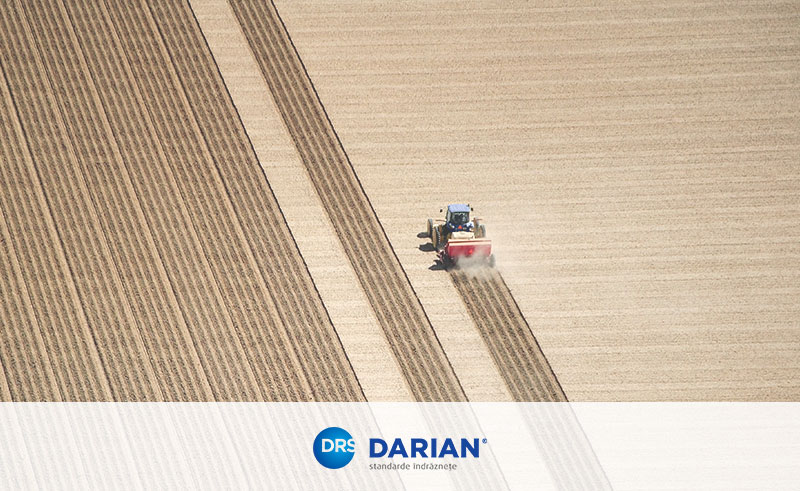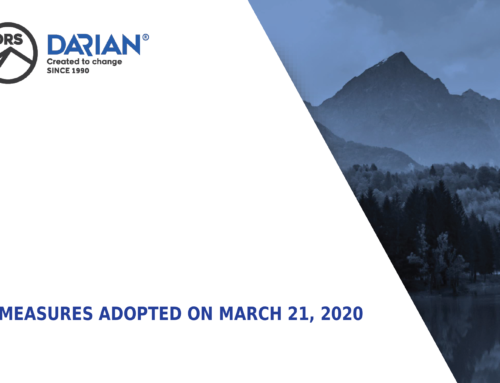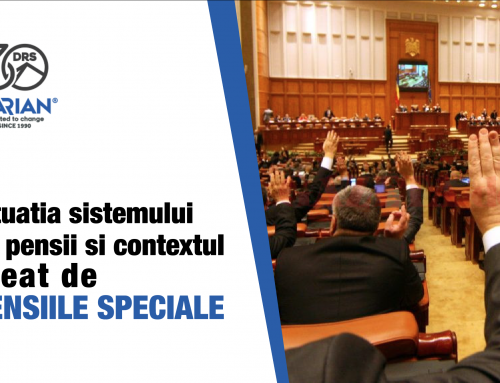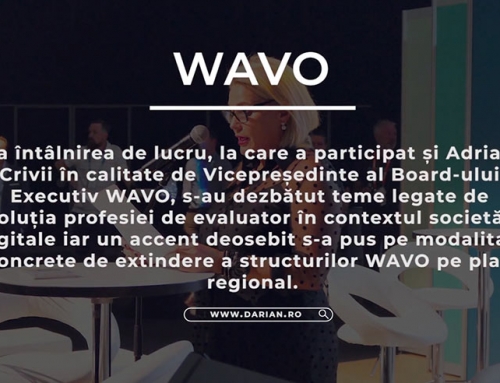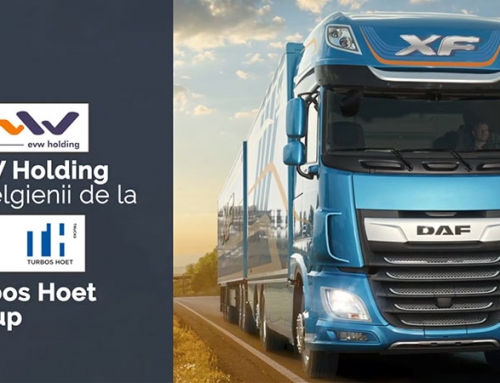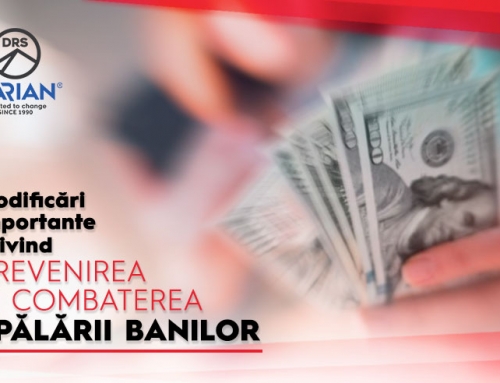Along with Romania joining the European Union, Romania has had to adjust its agricultural economy to integrate into the European Union market. For this reason, operators operating in the agricultural field are looking for development opportunities and various state-funded facilities to reduce the costs of agricultural activity and to increase production capacity, namely profits from the provision of agricultural services
In the agricultural sector, a very dynamic sector and already with sufficiently high risks, tax regulations should not be a burden for agricultural operators, and thus it is noticed that in recent years re and more attention has been paid to the tax obligations of agricultural players trying to “reduce” the tax burden.
Thus, as of January 1, 2017, a special VAT scheme for farmers was introduced in the Tax Code.
Legal Provisions
According to the provisions of the Tax Code, as of January1, 2017, any natural person, certified natural person or family enterprise in Romania may apply a special scheme for the following activities:
- agricultural production activities;
- agricultural production activities, including the processing of agricultural products by methods other than industrial ones;
- agricultural services provided by using own manual labour or specific equipment.
Agricultural production activities include activities such as: agriculture in general, including viticulture, fruit tree cultivation, the cultivation of vegetables and flowers, ornamental plants, mushrooms production, livestock breeding, forestry and fishing.
The special scheme for farmers grants a flat-rate compensation planned for a period of three years as follows:
- 1% for 2017;
- 4% for 2018;
- 8% for the year 2019.
The application of the special scheme exempts the farmer from collecting VAT for the supply of agricultural products and agricultural services provided, from keeping the records of the VAT payers, from lodging the VAT return or from any liability of the VAT registered persons.
According to the Tax Code, farmers can opt for the special taxing scheme or for the normal scheme, and for the application of the special scheme they have the obligation to notify the tax authorities.
Practical aspects
In practice, farmers applying the special VAT scheme are required to issue an invoice for agricultural products sold or services provided with all the minimum elements provided for in the Tax Code and, in addition, a reference to the application of the special scheme, as well as the flate rate compensation percentage and the amount of the flat rate compensation due to it.
However, those who apply the special taxation scheme and make intra-Community deliveries of agricultural products, intra-Community supplies of services or intra-Community acquisitions of goods and / or service are required to apply for VAT registration for intra-Community acquisitions and to file the special VAT deduction sheet and statement 390.
From the practical point of view, the amount of compensation payable to the farmer applying the special scheme is determined by applying its due share on the value of the delivered agricultural products or of eligible the services rendered while the beneficiary of the goods or services has the right to deduct the compensation under the rules of exercising the right to deduction.
As a result of the application of the special tax scheme for farmers they receive the amount of the compensation from the customer and do not have the obligation to collect and transfer this amount to the state budget, which is intended to cover the value of the VAT not paid by the farmer and consequently, the VAT paid and not deducted upstream for the purchases made is diminished.
The effect of this scheme can be assimilated to the granting of a subsidy , by the State which, by granting the right to deduct to the beneficiary of goods or services purchased from farmers who apply the special taxation scheme, gives it a right of deduction for the compensation paid, and therefore repays a certain amount of money, which is returned to farmers and who are not obliged to pay it to the state budget as it happens under the normal taxation scheme (VAT is collected and transferred to the state budget by the supplier and the customer is entitled to deduct and the VAT paid to the supplier is reimbursed).
Article published firstly on Avocatnet.ro.



Suntem soluția eficientă în oferirea de servicii complexe de evaluare și consultanță pentru clienții corporativi. Echipa noastră de specialiști asistă clienții în soluționarea diverselor spețe cu impact fiscal.

